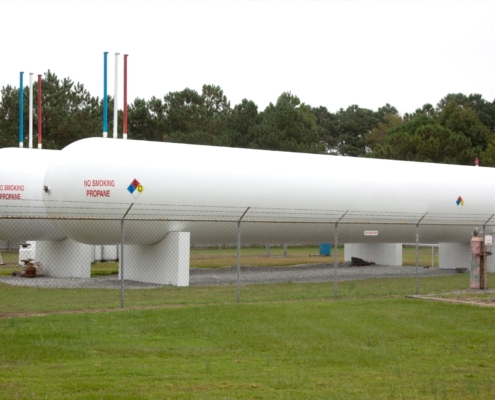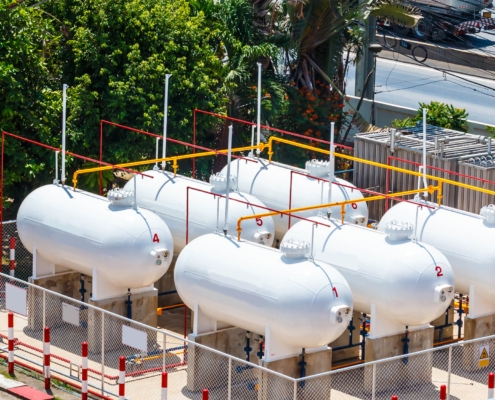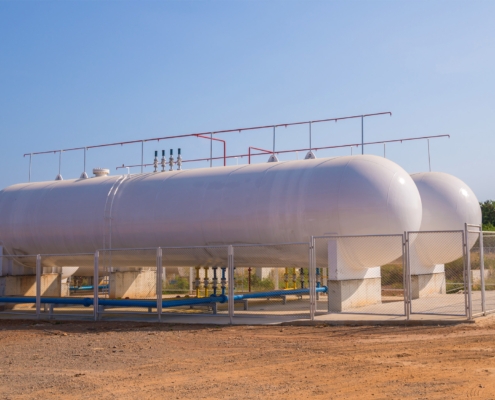A Guide to Bulk Gas Storage
Storing gas Stylingin bulk quantities presents a unique set of challenges and requirements, as well as numerous considerations pertaining to safety and the environment. This guide offers a comprehensive look at all facets of bulk gas storage, from understanding what it is and why it’s important, to exploring the different storage systems available.












